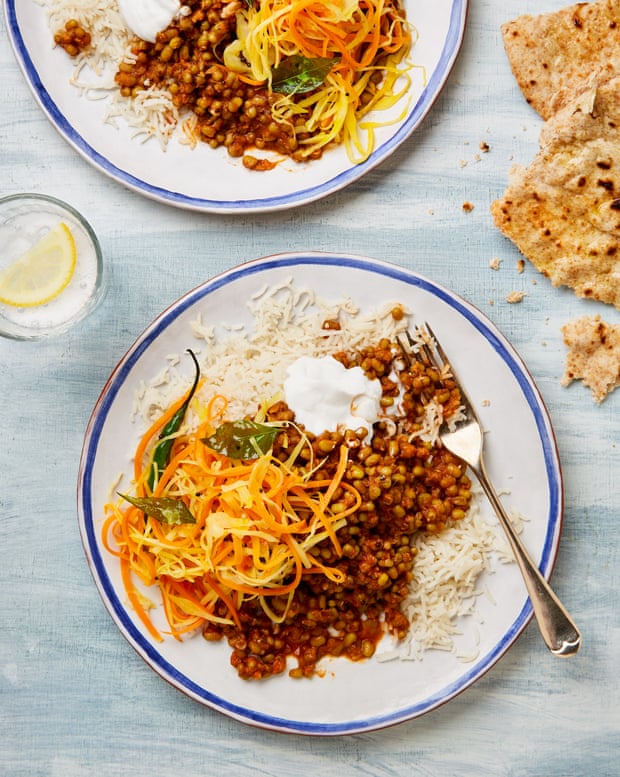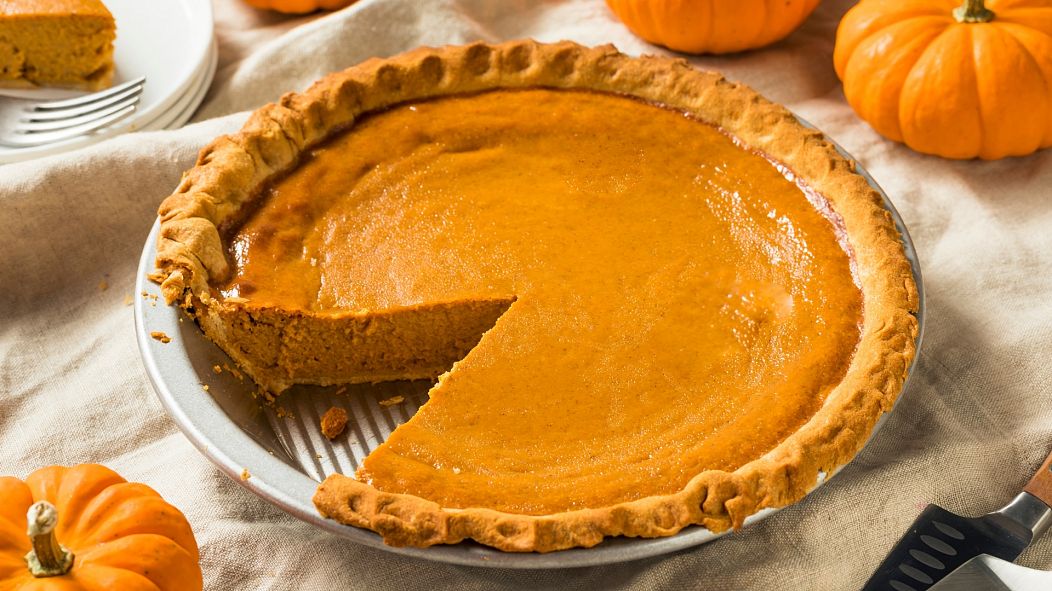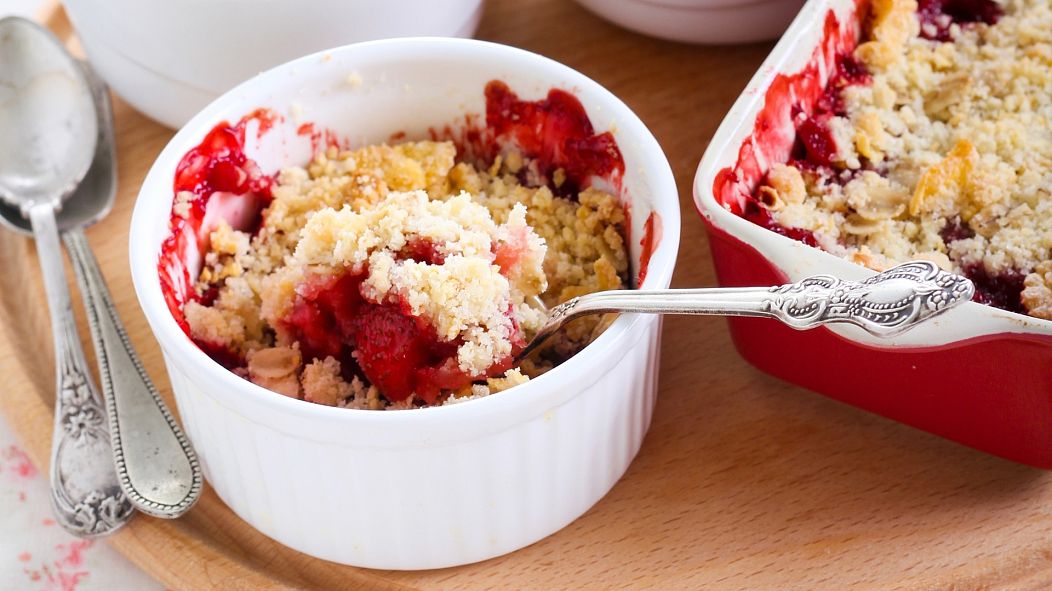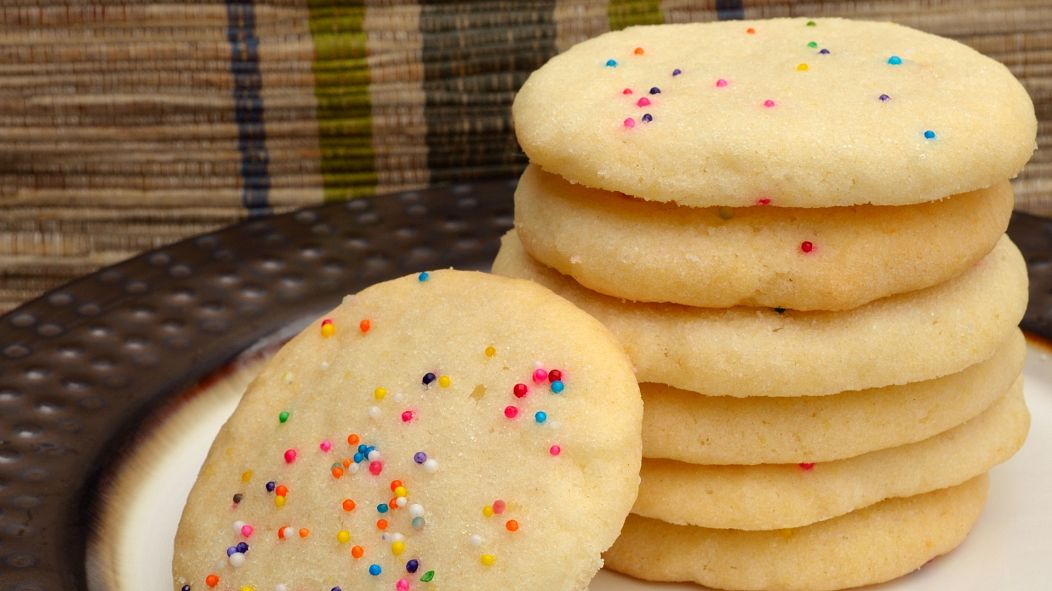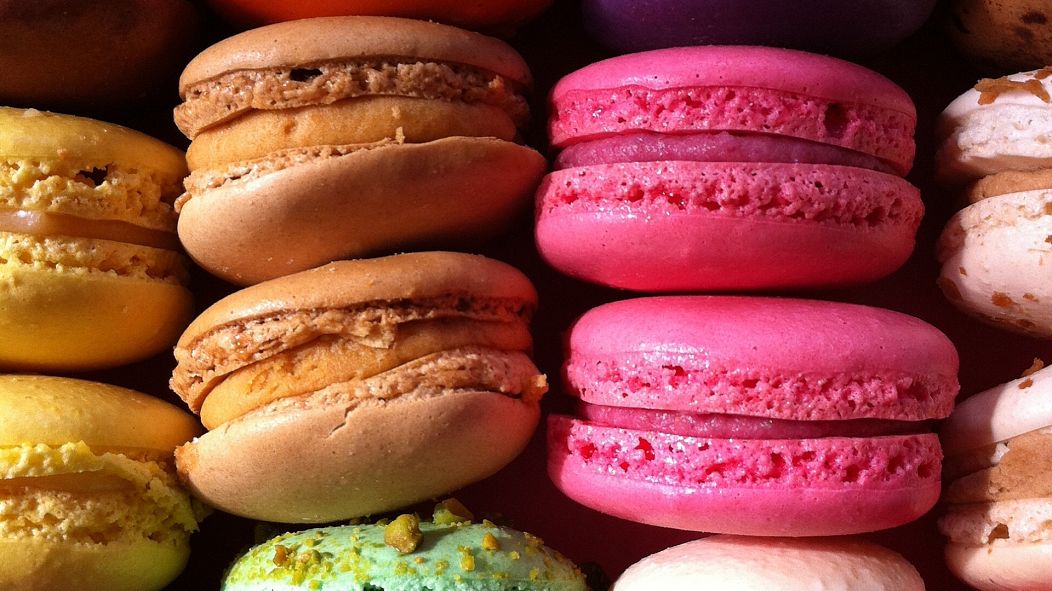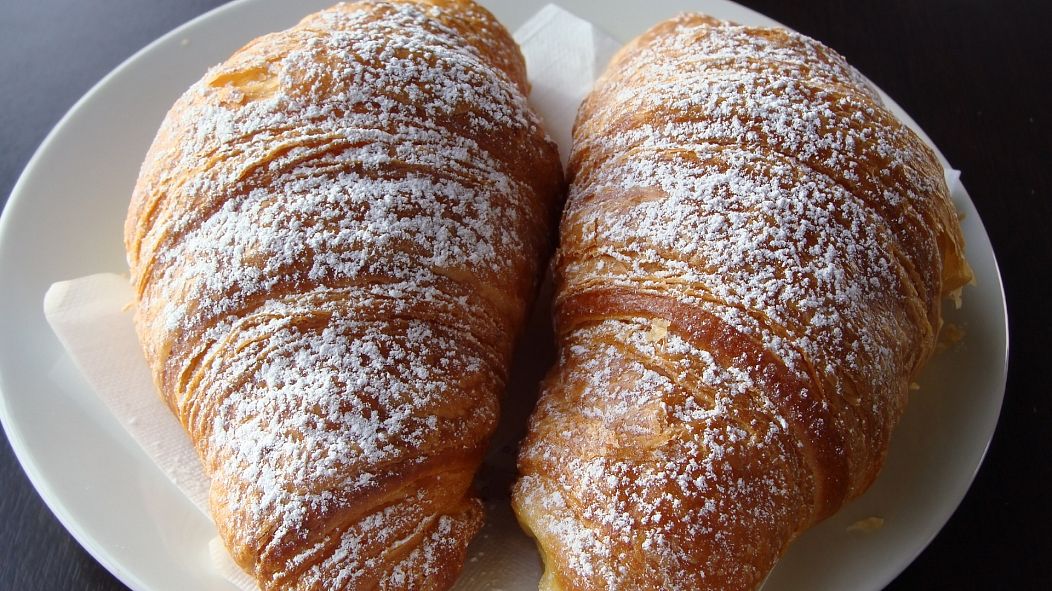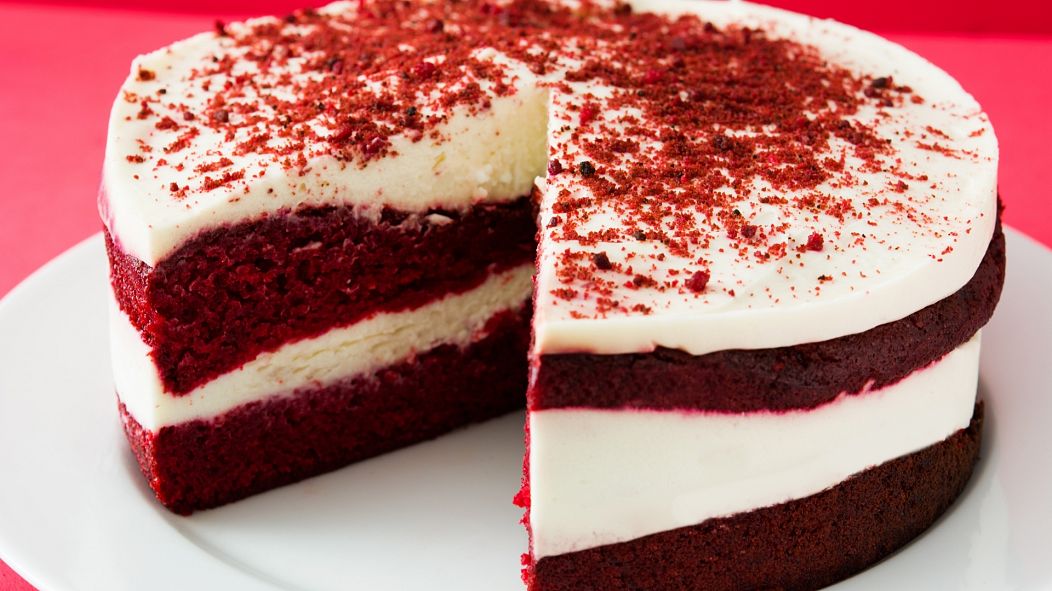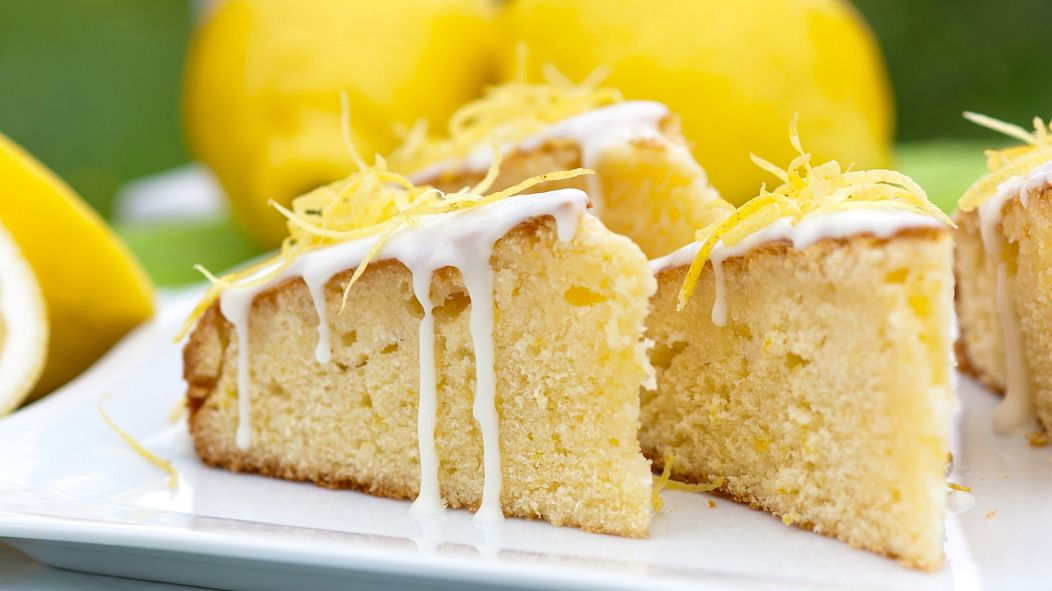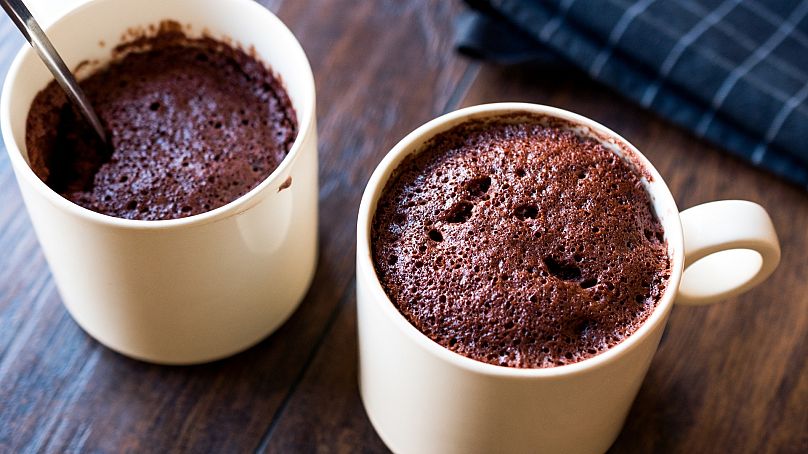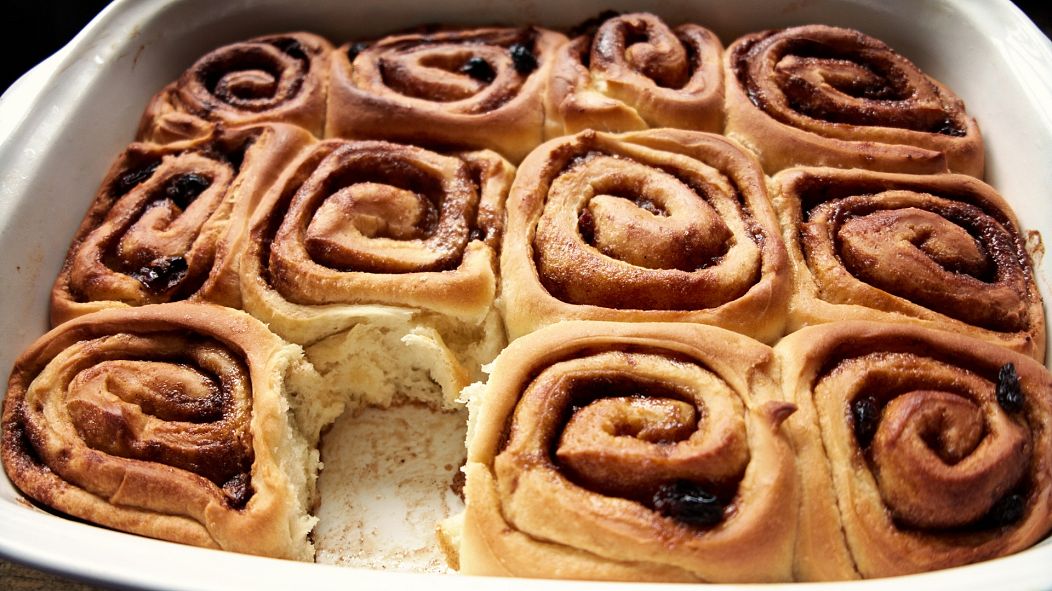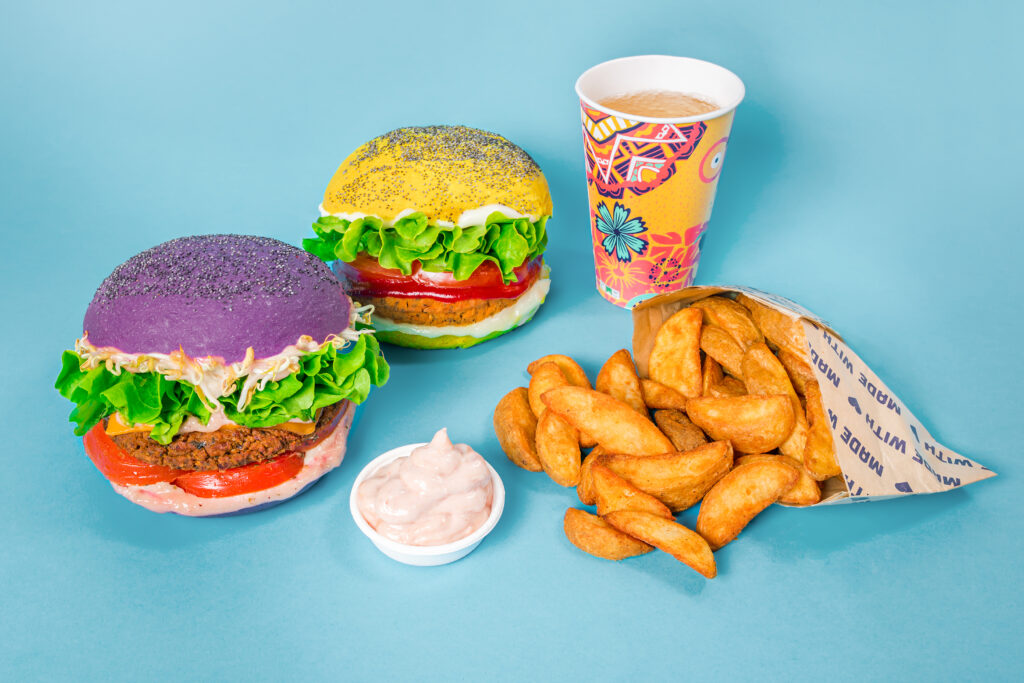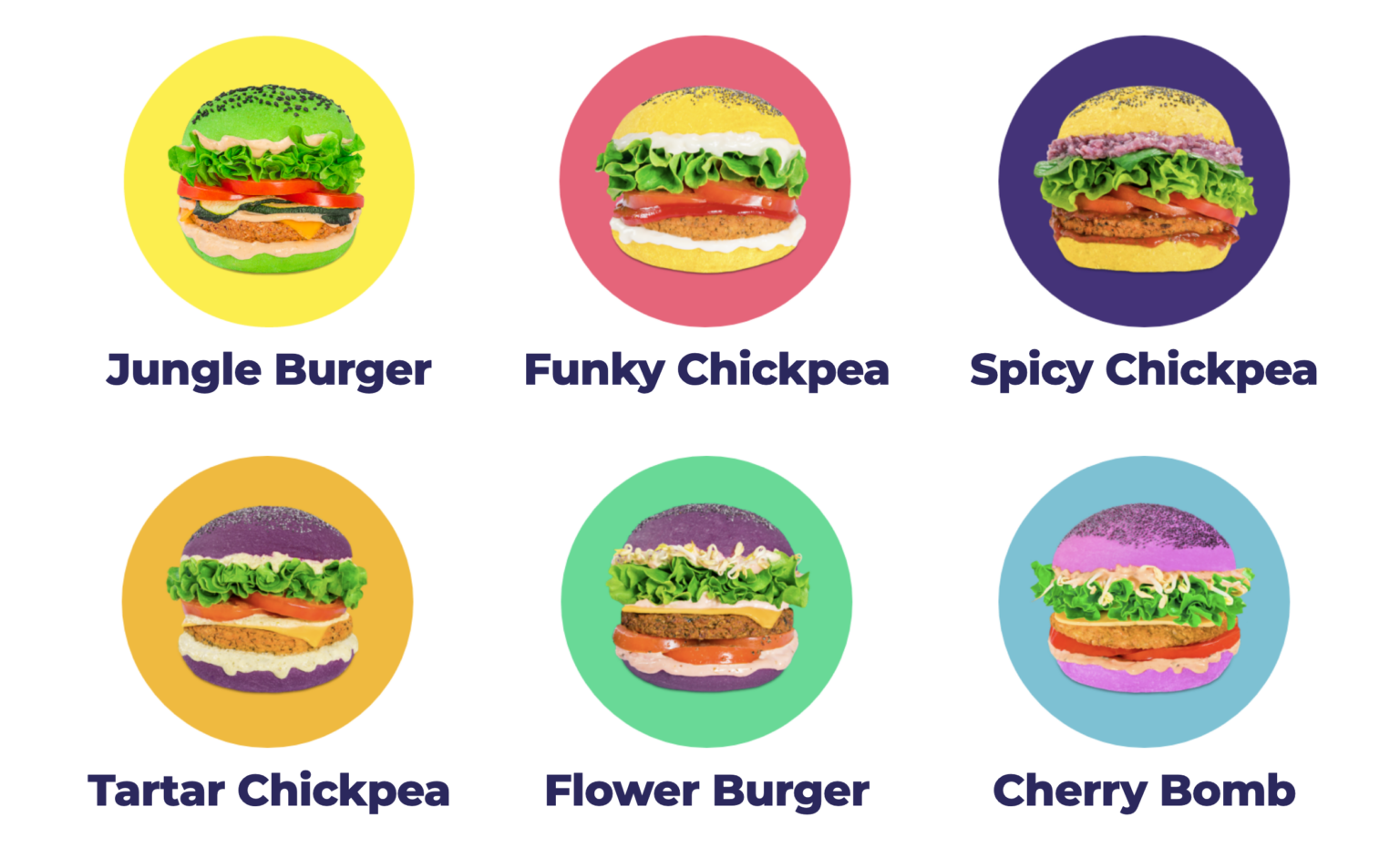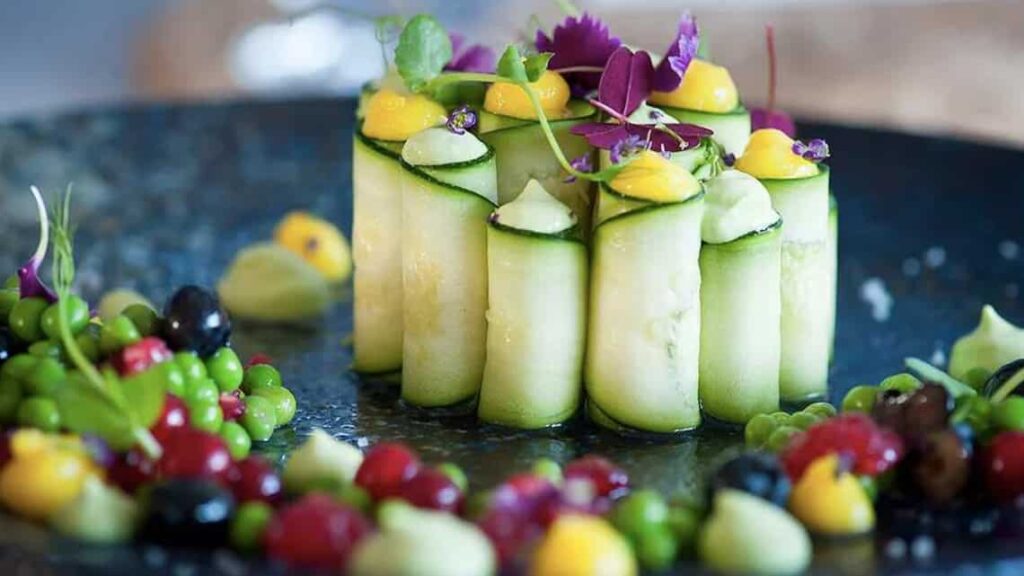Over the last five years, the world of veganism has changed beyond belief.
Today you can go to the supermarket and buy vegan versions of many of the big brands from Heinz to Hellmans and Gu to Pukka Pies. And these are deliberately vegan versions we’re talking about, not just accidentally vegan ones.
Well-known celebrities are encouraging their followers to go vegan, and wearing their vegan badge as a mark of honour.
And on a Friday night, we can log on to Domino’s or Papa Johns and order a vegan pizza to be delivered, or pop to Gregg’s for a vegan sausage roll at the weekend.
Ok, so veganism might not have become 100% mainstream yet, but it’s definitely on the right path to get there.
For this reason, all the major food manufacturers and suppliers want to know more about the vegan community so they can keep surprising us.
But often they find themselves guessing at what it is that we really want and need.
So at Vegan Food & Living, we decided to follow up on our Big Vegan Survey 2019 with a new version for 2021. Not only could we then help companies to serve us better, but we would all know more about fellow vegans in our community too.
Who took part in the Big Vegan Survey 2021
Just over 6,500 people completed this survey between 30th November 2020 and 4th January 2021.
85% identified as female, and the largest percentage (25%) fall into the 45-54 age bracket, with around 18% coming from each of the 25-34, 35-44 and 55-64 categories.
People who completed the survey were spread all over the UK, with the highest percentage being from the South East, but with a good representation from the North of England, Scotland and Wales.
Are you plant-based or vegan?
When we asked people to tell us how they define their diet/lifestyle, 58% classed themselves as vegan in the 2021 survey, compared to 65% in 2019, and 14% preferred to use the term plant-based compared to 11% in 2019.
So the popularity in using the term plant-based is growing – but why?
Well, 32% of people said that it was because they ate a vegan diet, but veganism didn’t extend into their daily lifestyle. Perhaps they choose to still wear leather shoes or woollen jumpers, or aren’t as strict with their beauty choices.
Interestingly though, the next most popular reason for using the term (with 22% choosing this option), was that they don’t like the stereotypes associated with the term vegan. So perhaps they are able to dodge some of the more awkward questions or prejudices by opting to call themselves plant-based instead.
After this, 21% said that they follow a predominantly vegan diet, but do consume honey, and others commented that they occasionally eat eggs – both obviously contentious issues within the vegan community.
Does your motivation change if you’re plant-based vs vegan?
We all have different reasons behind our choice to stop consuming and using animal products.
Animal welfare and ethics, health, and the environment are the three main motivators that usually influence people. But do those motivating factors change depending on whether you’re plant-based or vegan?
In a lot of instances, it seems so!
For those who classed themselves as plant-based, when asked for the main reason they decided to follow that diet, 43% said animal welfare, but equally 43% said their motivation was health.
When people who classed themselves as vegan were asked the same question, 76% chose animal welfare as their primary motivation for going vegan, compared to just 22% who were doing it for the environment and 18% who changed for health reasons.
So those who class themselves as plant-based are generally more health-conscious and less likely to pick up ready meals or order a vegan takeaway as often, while people who class themselves as vegan are the ones you need to ask for campaigning and activism advice.
Encouragingly 58% of people who use the term plant-based and 63% of vegans classed environment concerns as a ‘Very Important’ reason for choosing their lifestyle, so we’re definitely a very eco-friendly bunch. David Attenborough rest assured that all is not lost yet!
How vegans are shopping in 2021
Having faced a year of long queues at supermarkets, tackling the obvious social distancing issues of narrow supermarket aisles and a population who struggled to grasp the concept of personal space at the best of times, 2020 was guaranteed to alter how we shopped a little bit.
And we’re just talking about supermarkets here, fashion and beauty shops are a whole other story!
In our 2019 survey, 80% of people did their weekly food shop in-store at a supermarket, compared to 11% online from a supermarket. Move on a year, and in the 2021 survey, the number of shoppers visiting a supermarket in person had decreased to 68%, compared to 19% who are now shopping online.
Frequency of shopping has changed slightly too. 45% of the 2019 survey said that they did their main grocery shop more than once a week, while this reduced to just 27% in the 2021 survey.
And who’s leading the way when it comes to supermarket vegan offerings? Unsurprisingly it’s a close-run thing with Sainsbury’s and Tesco at the forefront, Marks and Spencer creeping up the ranking, and Lidl definitely still bringing up the rear.
Perhaps a result of Covid-times shopping, opinions on where vegans would be happy to shop for items such as meat alternatives has changed slightly.
Whereas in 2019, 23% wouldn’t mind going to the meat aisle to pick up their vegan meat alternative if it meant a meat-eater might be tempted to try out the vegan version, the 2020 approach to trying to get in and out of a supermarket as quickly as possible has meant that only 19% would be willing to go to the meat aisle.
Now, 40% would prefer to be able to find everything together in a dedicated free-from aisle. Ease and convenience is key, which is why Asda had such an enthusiastic response to its vegan ambient aisles initiative!

Asda's convenient vegan aisle has proved a hit with customers who can find vegan products in one place in-store
Which vegan products are leading the way?
We’ve been treated to a lot of new product releases in 2020, but what do we think about the quality of the products? Just because they’re available, doesn’t necessarily mean they taste any good!
Well, the impression of meat substitutes has improved, with 61% saying the quality of the brands available is good, compared to 53% giving the same good rating in 2019.
26% now say that the quality of cheese is good, compared to 22% in 2019. There’s still some way to go with vegan cheese, but thankfully it has progressed from that weird alternative that in no way compared to its dairy counterpart. We can enjoy it now at least!
Egg replacements have definitely improved over the last year, with 16% saying they’re good, compared to just 8% in 2019. Welcome to the vegan community Crack’d, thanks for joining us!
What do vegans still want to see in the supermarket?
When it comes to what we’re still missing out on, the answer is the same as 2019, with 52% of people saying that what they really want to be able to buy is readymade vegan Yorkshire puddings. We hear you!
This survey may have closed before Marks and Spencer started getting rave reviews for its game-changing ‘No salt beef’ sandwich, but pre-packed sandwich ranges still weren’t hitting the right spot with the vegan community. As in the 2019 survey, 43% wanted to see better versions.
What do we also want to be able to buy with ease? Vegan Halloumi, brie and ready-made quiche are all top of the list, as are Maltesers. Mars, please give us what we want!
How has Covid-19 changed the way we live (apart from the obvious)?
Covid 19 has changed the lives of every single one of us in varying degrees and ways, so in our 2021 survey we wanted to acknowledge this by asking how the epidemic has influenced people in both positive and negative ways.
Looking at the positives we can take from the situation, 69% said they either agreed or strongly agreed that Covid had made them more mindful about shopping local and supporting small independent businesses.
57% say that it has caused them to cook from scratch more.
65% believe that it will make people think more carefully about eating meat in future, with 64% saying that more of their friends and family have already shown a greater interest in veganism.
And the pandemic has thrown environmental issues even further into the spotlight, with 55% saying that lockdown made them consider their personal impact on the environment more, and 56% saying they are using their cars less, even when we’re not in lockdown and allowed to travel freely.
But it’s definitely made us more cautious about going out, particularly to a restaurant, with only 10% saying they’d be happy going to a restaurant as often as they did pre-Covid, and 37% saying they’d stopped going to restaurants at all (even when they are open!)
How long do vegans like to spend in the kitchen?
So we know how people are shopping but what are they doing with all the delicious food they buy?
70% of the people who completed the Big Vegan Survey 2021 prefer to cook the majority of their meals from scratch, with 23% combining cooking from scratch with indulging in the occasional ready meal for convenience.
Ready meals are however decreasing in popularity, with 30% saying they eat them once a month compared to 34% in 2019, and 24% saying they never buy them compared to 20% in 2019.
The majority (65%) prefer to spend between 30 minutes and 1 hour preparing each meal, with only 6% willing to spend 1 to 2 hours in the kitchen.
47% cook a vegan meal for their whole family, with only 21% having to cook one meal for themselves and another for non-vegan members of their family. But this is probably because 51% don’t have children, so catering for fussy eaters and less sophisticated tastes isn’t as much of an issue!
And what’s the most popular cuisine? Italian just edges it with 17% choosing it as their favourite, closely followed by Indian with 16%, Chinese with 11% and Mexican and British classics, both with 10% of the vote.
So there we have it, a glimpse into the vegan world in 2021.
If you have a vegan business and would like to find out more about the full results of The Big Vegan Survey 2021, get in touch with Megan Gibbings at megan.gibbings@anthem.co.uk.
https://www.veganfoodandliving.com/news/big-vegan-survey-results-2021/
